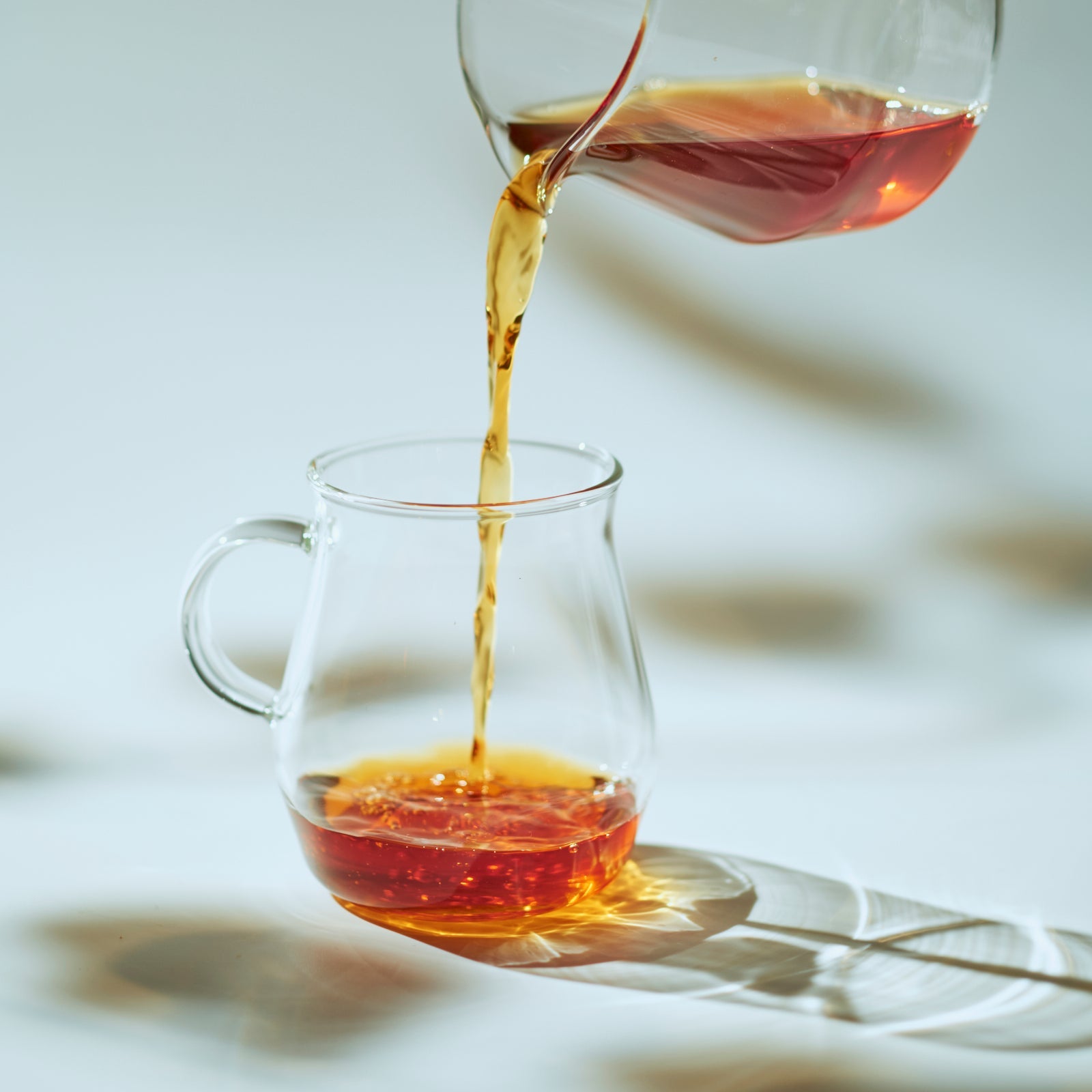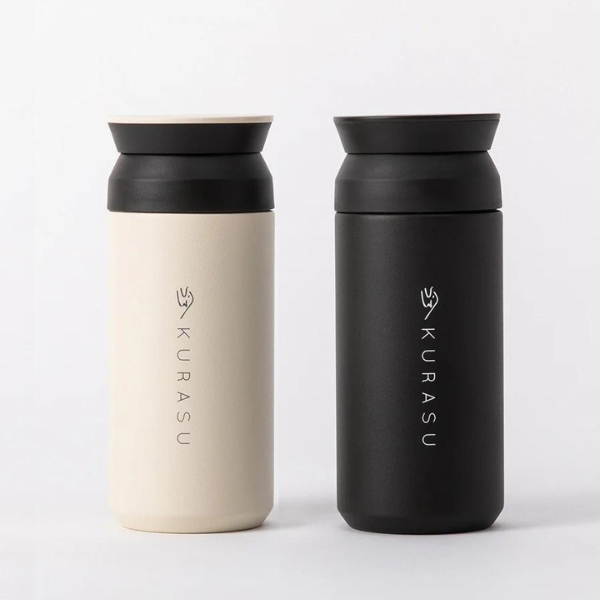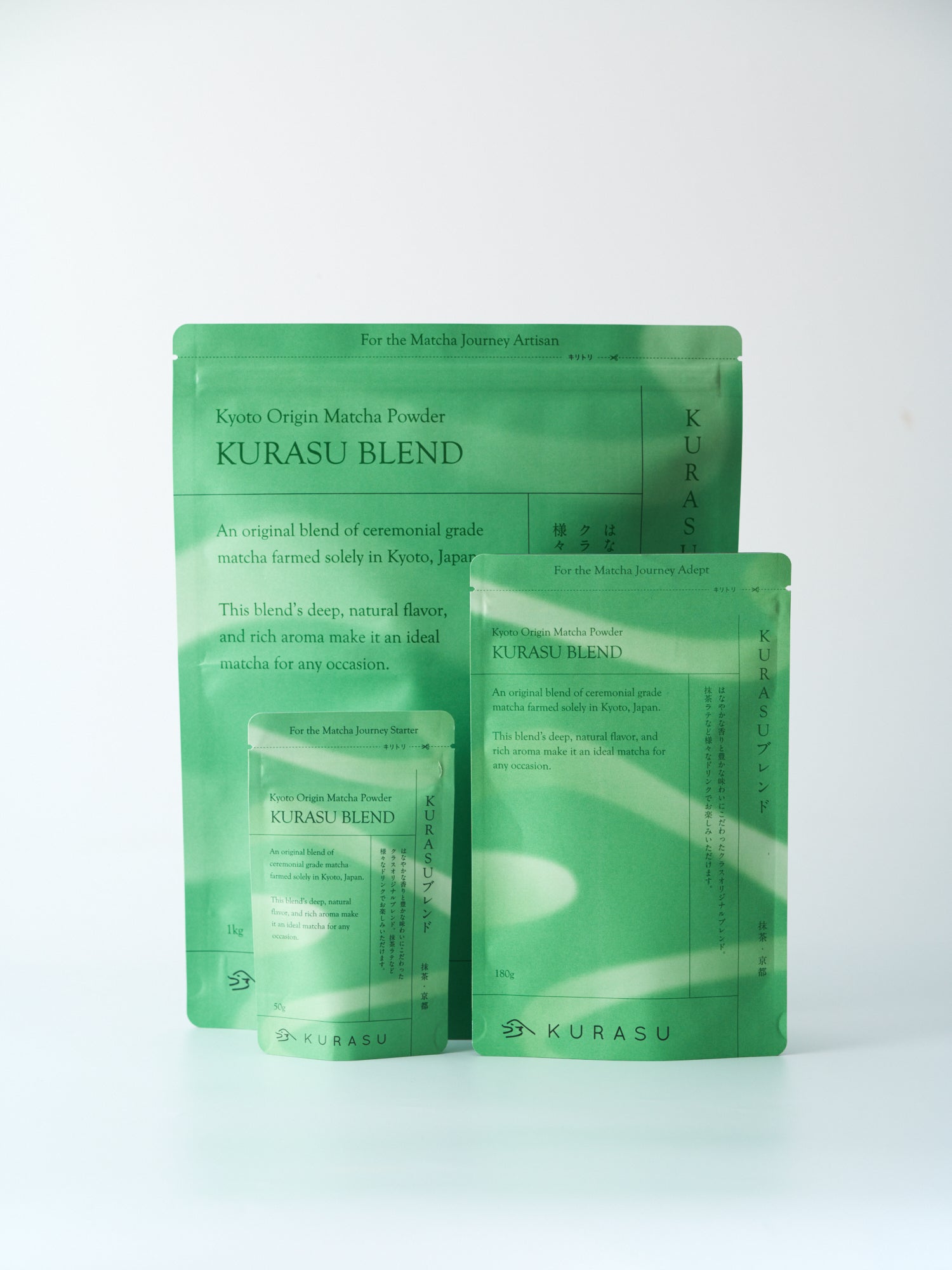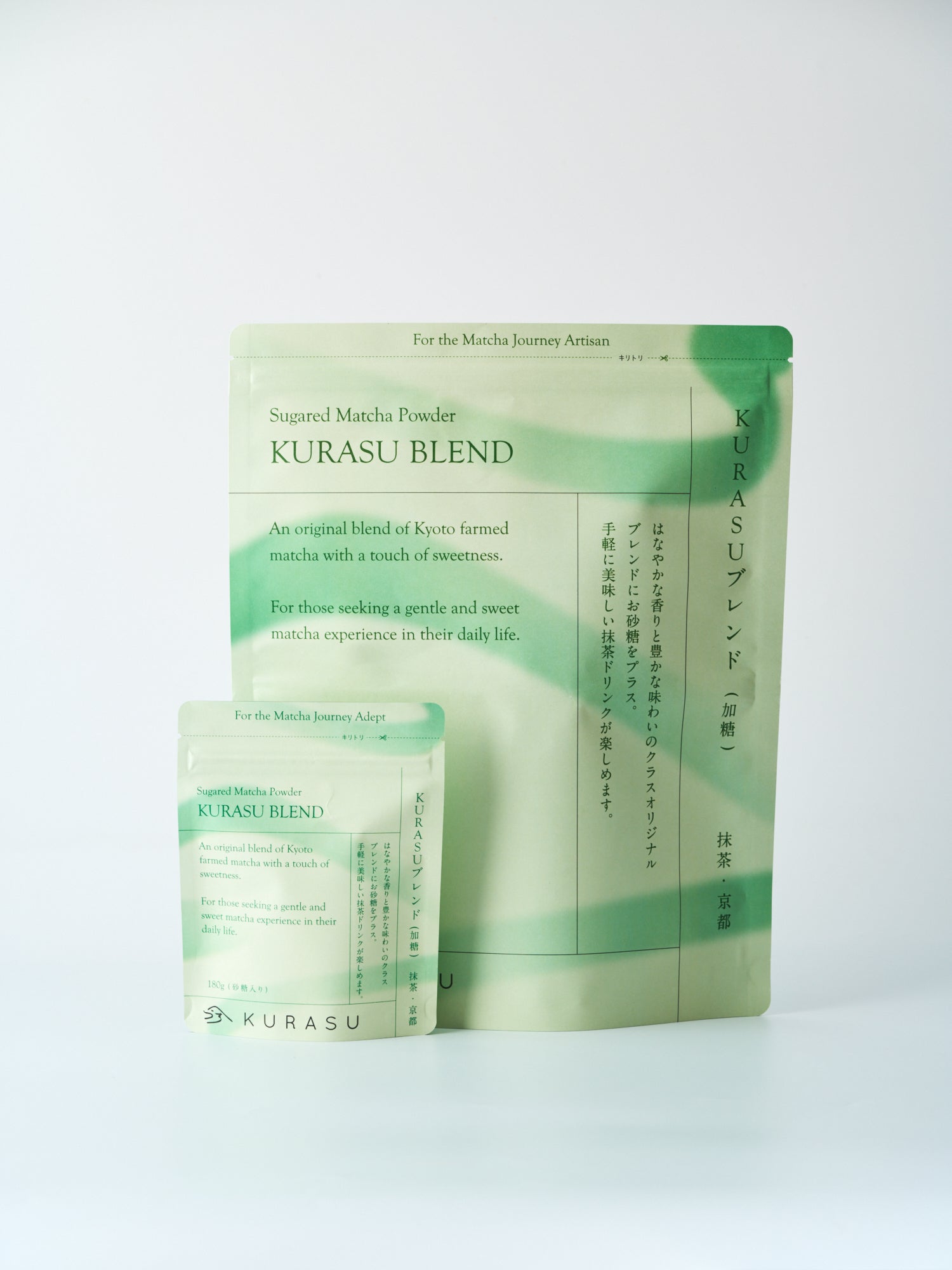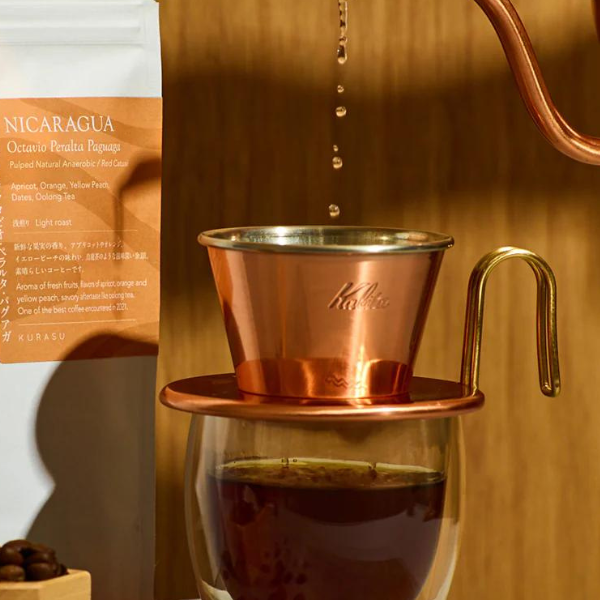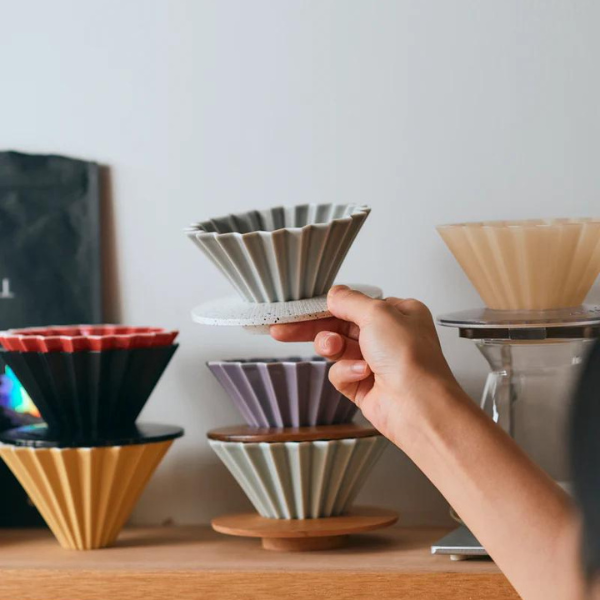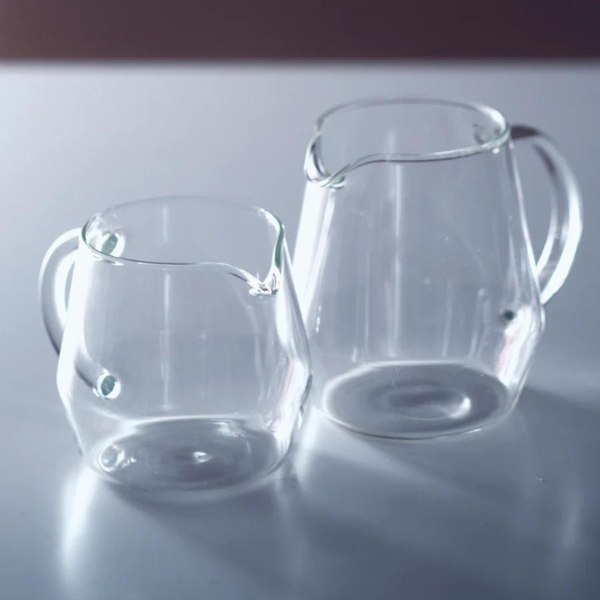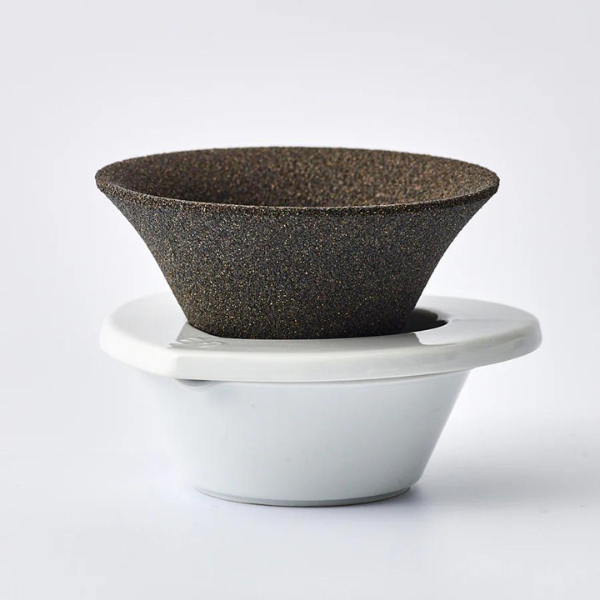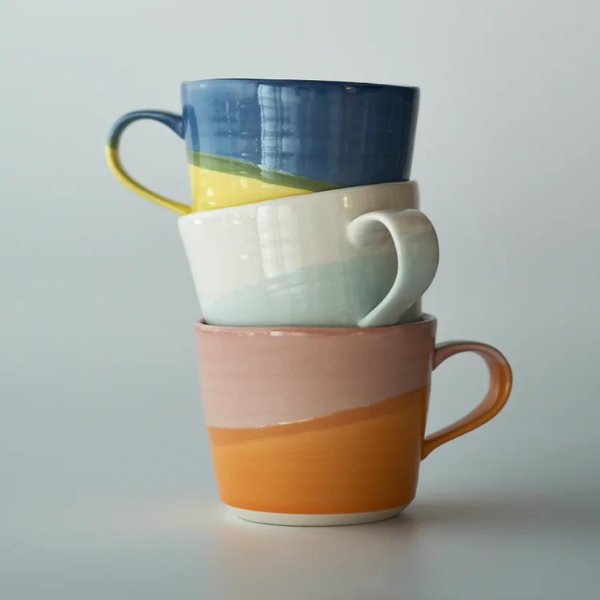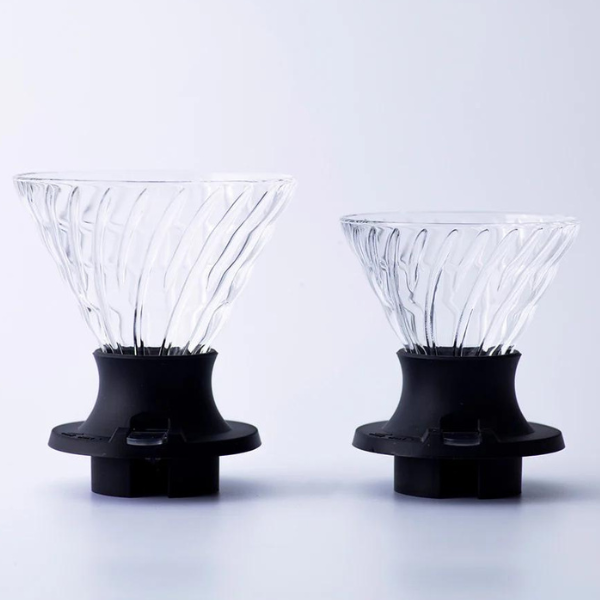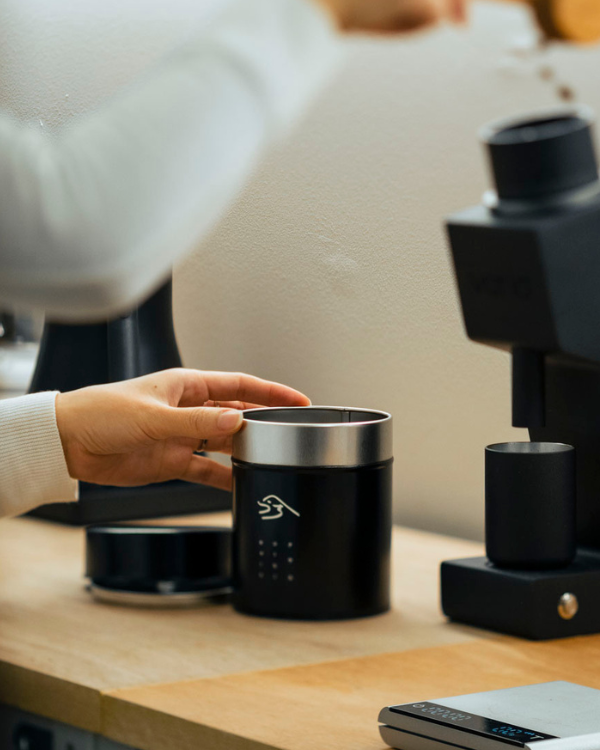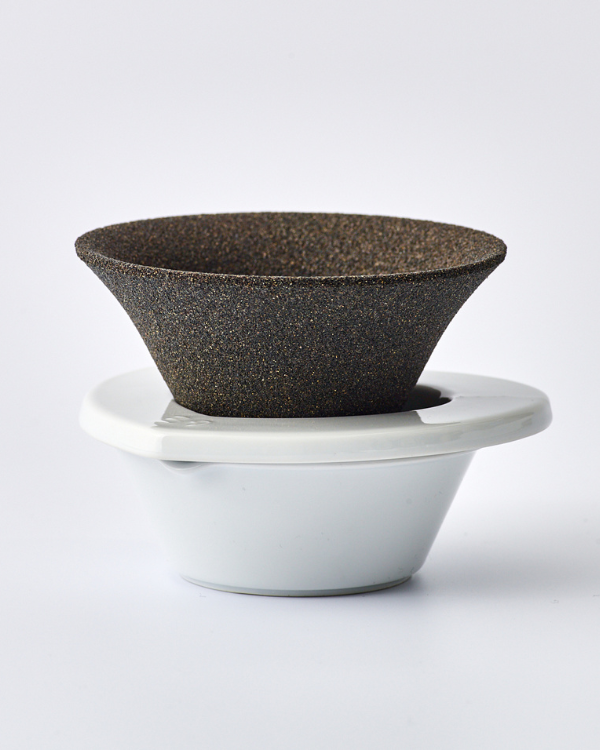The next #kurasucoffee subscription’s featuring roaster is 27 COFFEE ROASTERS in Tsujido, Kanagawa. The roaster, Kasai-san shared his 20 years journey of becoming one of the leading roasters in Kanagawa.
Please tell us how you have entered the coffee industry, and what kind of path you have led.
Actually I’ve been in this industry for quite a long time - I started a cafe called Jika-baisen (“home roast”) Kasai Coffee 20 years ago, in 1997. That was just about when Starbucks opened its first branch in Japan, and the concept of specialty coffee was not particularly well-known. I was living in Tsujido as I liked living near the sea, and I used to commute to Tokyo but didn’t really like that. This made me start thinking about opening my own shop in my favourite place. It coincided with my parents’ decision to close their business and they offered to help me to start one myself. I also got some advice from a relative in the coffee industry, so that helped me develop the idea too.
As I wasn’t really into coffee back then nor had any experience in the industry, I found it quite difficult to get it started- information and tips were far less accessible 20 years ago compared to today. I even had to ask myself questions such as “why does everyone find coffee so tasty and interesting?”, but ironically, starting from there helped me maintain the unbiased, objective overview of the business, growing by learning customers’ needs, rather than being one-sided or overly enthusiastic and self-indulgent.
In 2003, I came across specialty coffee, and that encounter has naturally shifted the style of my cafe from traditional Kissaten to a roaster focusing on specialty coffee. In 2012, I completely renovated the cafe as 27 COFFEE ROASTERS with a new roasting machine, focusing on selling coffee beans. Now, we are nurturing the partnership with farmers, agricultural associations and exporters to provide high quality beans, while holding various cupping sessions and seminars to introduce “a cup of coffee that can turn you into a coffee-lover”.
How did the change in your relationship with coffee happen?
I was always putting a lot of effort into running a cafe, but not necessarily in a right way - I didn’t know where I should focus on. At first, I was serving various food, thinking selling beans alone would not make enough profit. Sometimes I would bake some sweets, sometimes I would change the food menu - basically, I was doing too many things at once. The sales weren’t stable, and I was causing me to limit my horizons.
Then, in 2013, SCAJ established itself in Japan, and specialty coffee started to become more accessible in the market. I attended their seminar and I was blown away by it. The surprise is still fresh in my mind like it happened yesterday - it was just so different from what I was familiar with. I couldn’t instantly tell if that difference was a positive thing or a negative thing, but it was so different and that kept me awake at night thinking, what was the coffee I thought I knew, I thought was a specialty coffee, where would I purchase it from, etc.,etc….and that has changed my interest and attitude towards coffee completely.
Back then, cupping was not as recognised as it is today, and most of my information came from books. I didn’t have any connection with peer cafe owners domestically nor internationally. However, I was very sure that specialty coffee was the way to go, and I started to attend every seminar I could find, trying to build a network as well.
Through this process of learning about specialty coffee, the style of the cafe and my attitude towards coffee started to change. Before that, my cafe was a typical traditional Japanese Kissaten - me behind the bar, hand dripping or using syphon to brew, and people were allowed to smoke. This changed to a non-smoking cafe, I stopped serving food, and finally I renovated the whole cafe and changed the name from Kasai Coffee to 27 COFFEE ROASTERS.
That is a big change. What was your customers’ reaction to the change?
Actually, many people were opposed to the change. Some people gave me their honest opinion and feedback, but some just stopped visiting without saying anything. But for me, it was far better to be challenging than keep running my old business wondering if I will continue doing this forever - I fell in love with the quality and the potential specialty coffee has, so there was no doubt about the new path anyway.
Of course, I gained a lot of new customers too- people who share the same view and those who are passionate about coffee. Most of my customers are locals, but more and more people from Tokyo and other areas have been visiting recently.
What is the concept of 27 COFFEE ROASTERS?
I wanted my cafe to be as minimalistic as possible, I wanted it to be something that lasts for 10 years, 20 years, simply focusing on coffee. I have designed it so that customer can enjoy the whole experience from fresh roast to superb brewing. 90% of my customers visit to buy beans rather than just drink coffee here, so I try to use everyday equipment, such as Hario V60, as often as possible whenever I brew for them so that they can recreate it at home, without having to do anything particularly fancy or special.
Please tell us about 27 COFFEE ROASTERS’ roast and your choice of coffee.
As I said, there was no information about what I should do or how to start roasting 20 years ago.
If I was already into coffee, I may have had several favourite cafes and I could knock on their doors to ask for training, but that was not the case either. Today, it may be very difficult from the opposite perspective, having too much information and getting confused, but just buying decent green beans alone was an issue back then. There were only a few limited options for getting hold of green beans, and the quality of the retailers available wasn’t particularly good. Later I joined a joint beans purchasing group, C-COOP, and I made friends there with similar backgrounds. We studied about coffee together, practiced roasting and brushed up each other’s skill. I traveled to the USA with several other people to visit some roasters, and through those adventures, I could gain the experience with roasting.
I was also interested in coffee producing countries, and that lead me to Nicaragua. Seeing the actual farms and meeting people working there was an extraordinary experience, and that deepened my understanding of coffee, nurtured the relationship with the farmers, and strengthened my passion to run the business right. It also made me want to attend COE, and I have started to correctly learn the skill of cupping to become a judge. Since 2008 I have attended COE as an observer, I have been to Central America and other areas every year to establish the network with producers. Unfortunately, compared to Australia and the USA, Japan is very behind when it comes to the strength of the connection between farmers and roasters, the length of its history and even the volume of purchasing that we make. This is mainly because the major chain coffee shop brands are controlling the market, crushing the individual buyers like us, which is not the case for leading countries like Australia. There is a very long way to go for Japan, but personally, I think there are opportunities for us to get there in our own way. Now I am establishing my network with small/medium sized farmers in Central America aiming to nurture an equal and personal relationship.
Currently, our roasting team consists of me and 3 staff members. We use Loring Smart Roaster 35 kg to maximise the refreshing acidity, clarity and smooth sweetness of specialty coffee. With this roaster, we can roast the core of the beans and develop the flavour without burning and damaging the outside too much. We adjust our roast to each kind of beans to express their strong points and natural flavour for you to enjoy.
Has your attitude towards roasting also changed after the encounter with specialty coffee?
It definitely has. When I first opened my cafe, I had no idea how to choose the roaster, and Fuji Royal advised me to get their semi hot blast roaster 5kg, which I then used for quite a while. However, as the cafe’s focus has shifted heavily to selling beans and as I have gained more knowledge about specialty coffee, the roaster I had been using didn’t seem appropriate for the path I now wanted to lead. Also I learned the importance of having an appropriate environment and equipment, and I installed Japan’s first Loring Smart Roaster 15 kg in 2010, and upgraded it to 35 kg last October.
Please tell us about your future plans.
I want to spread the coffee culture to my local area and other areas I have been to, and I want my staff to go out and learn many things to broaden their horizons. I strongly believe that there’s no future unless I can provide proper quality, great surprise and inspiration to my customers. Coffee is a big thing everywhere in the world - now more and more coffee chains coming into Japan from all over the world, and even other industries which previously had nothing to do with coffee before are paying attention to this big movement. It’s easy to ride this wave and make some profit out of it, but for me and other small business owners, it’s a life time choice and we can’t afford the luxury of hopping onto another movement when the current one dies. So I always try to envision 5 years and 10 years in the future, trying to figure out the most important, underlying philosophy of this industry.
As a member of Specialty Coffee Association of Japan, I also feel the obligation of educating people with fruitful information, not just marketing my way out. Unless you understand what really matters, the big fishes will soon swallow you up. The tide is changing so quickly and so often, and you may feel rushed to prove yourself - there are many people who are really good at presenting themselves too. However, as long as you have a strong core and base to stand on, you can turn it into a true contribution to nurture the culture, and not just be one of the trends that come and go.


